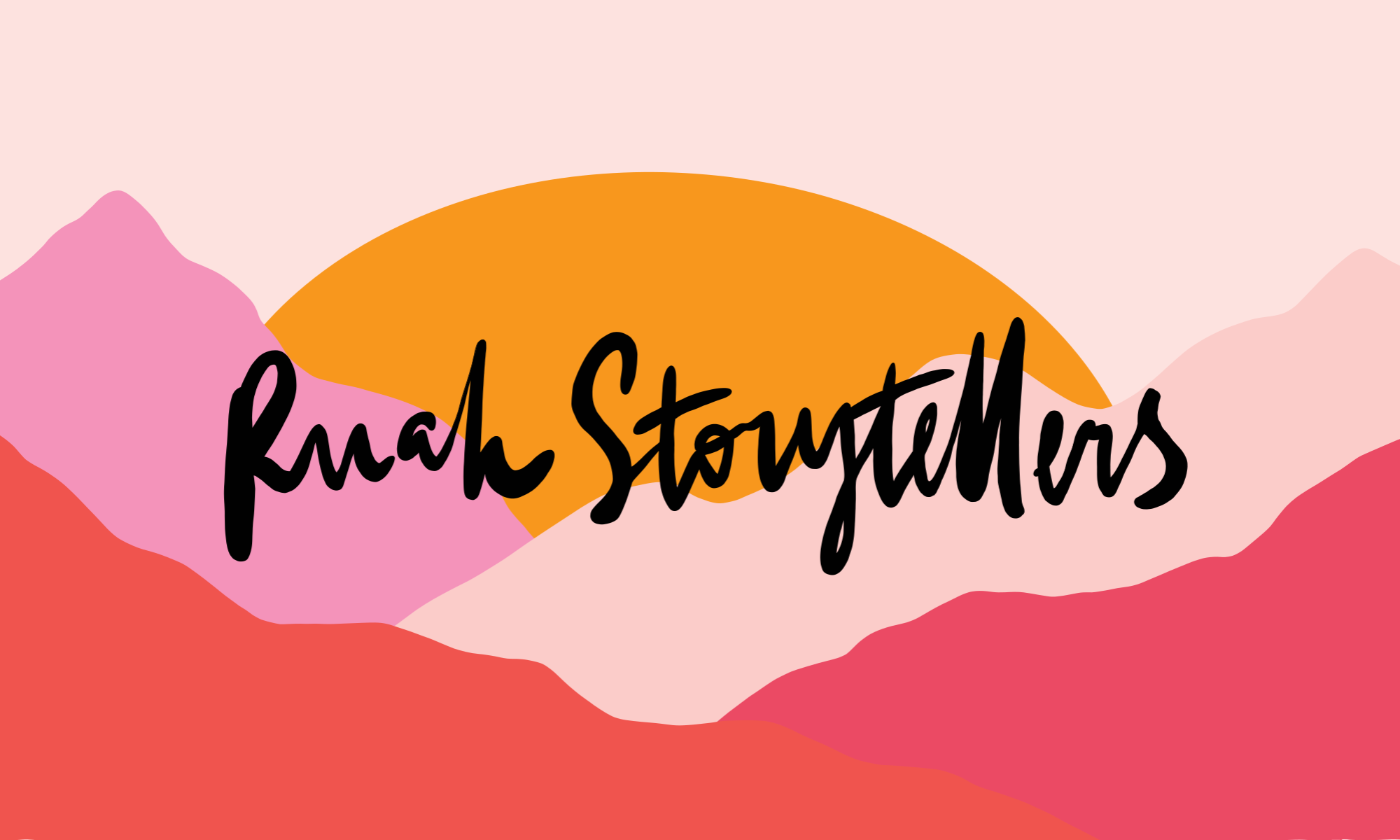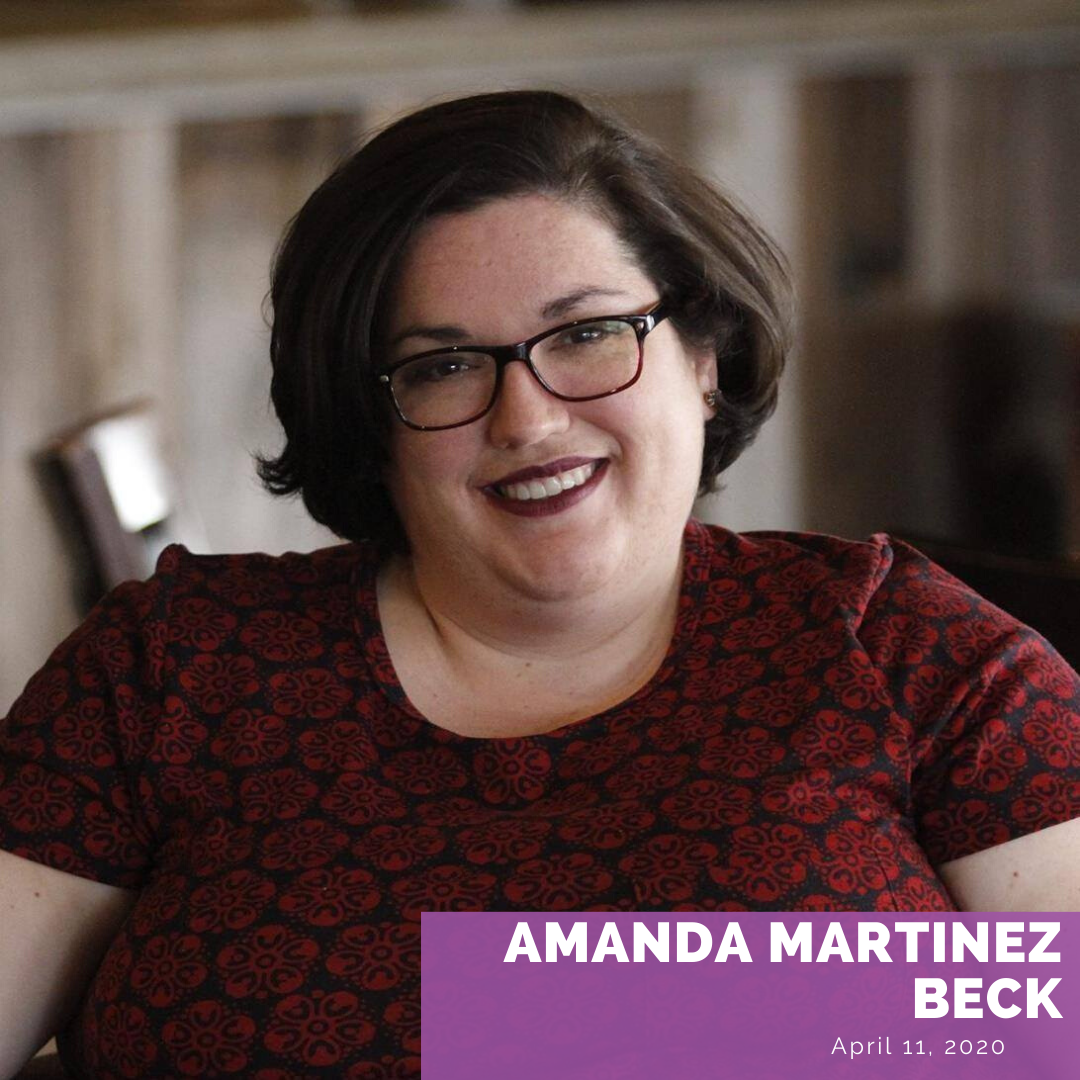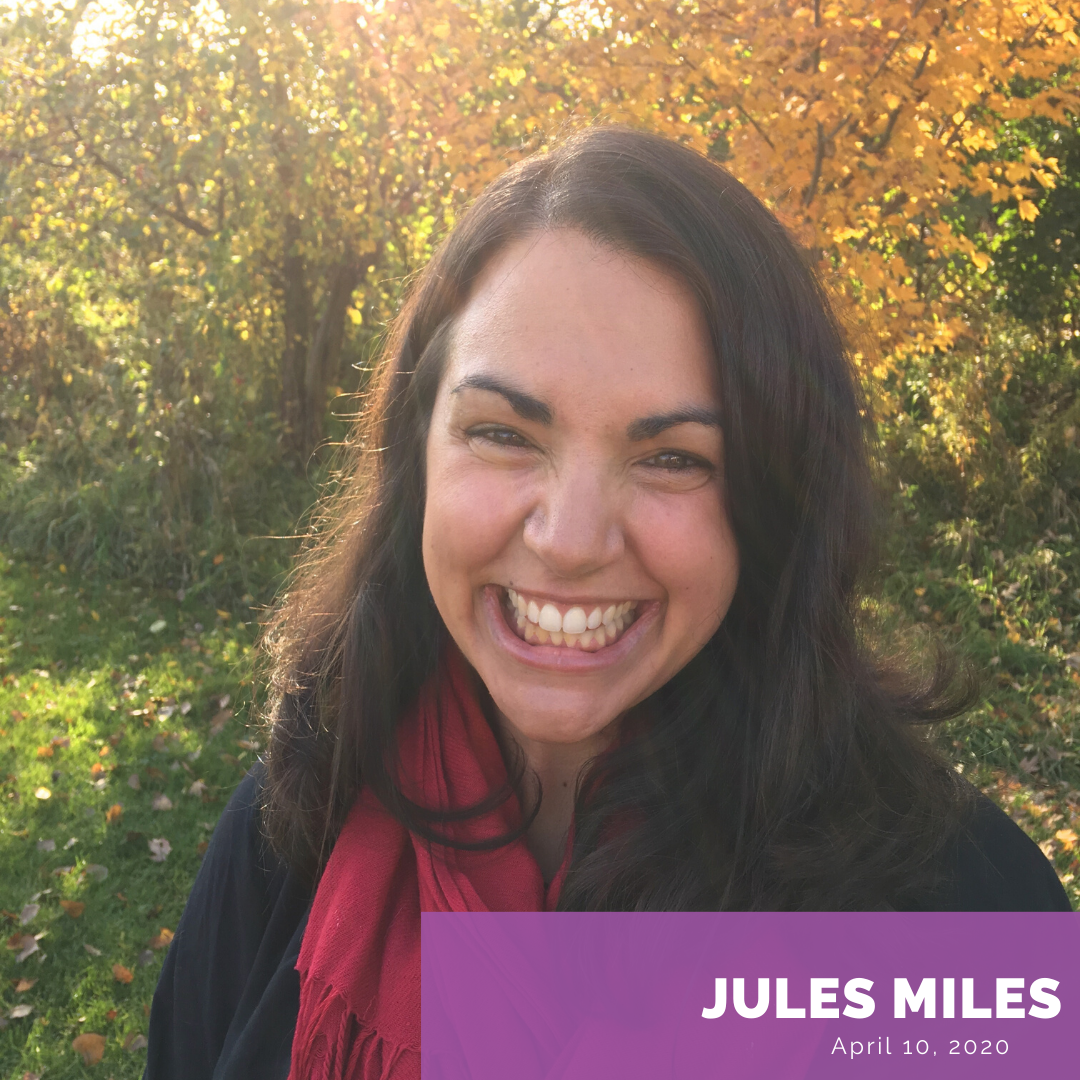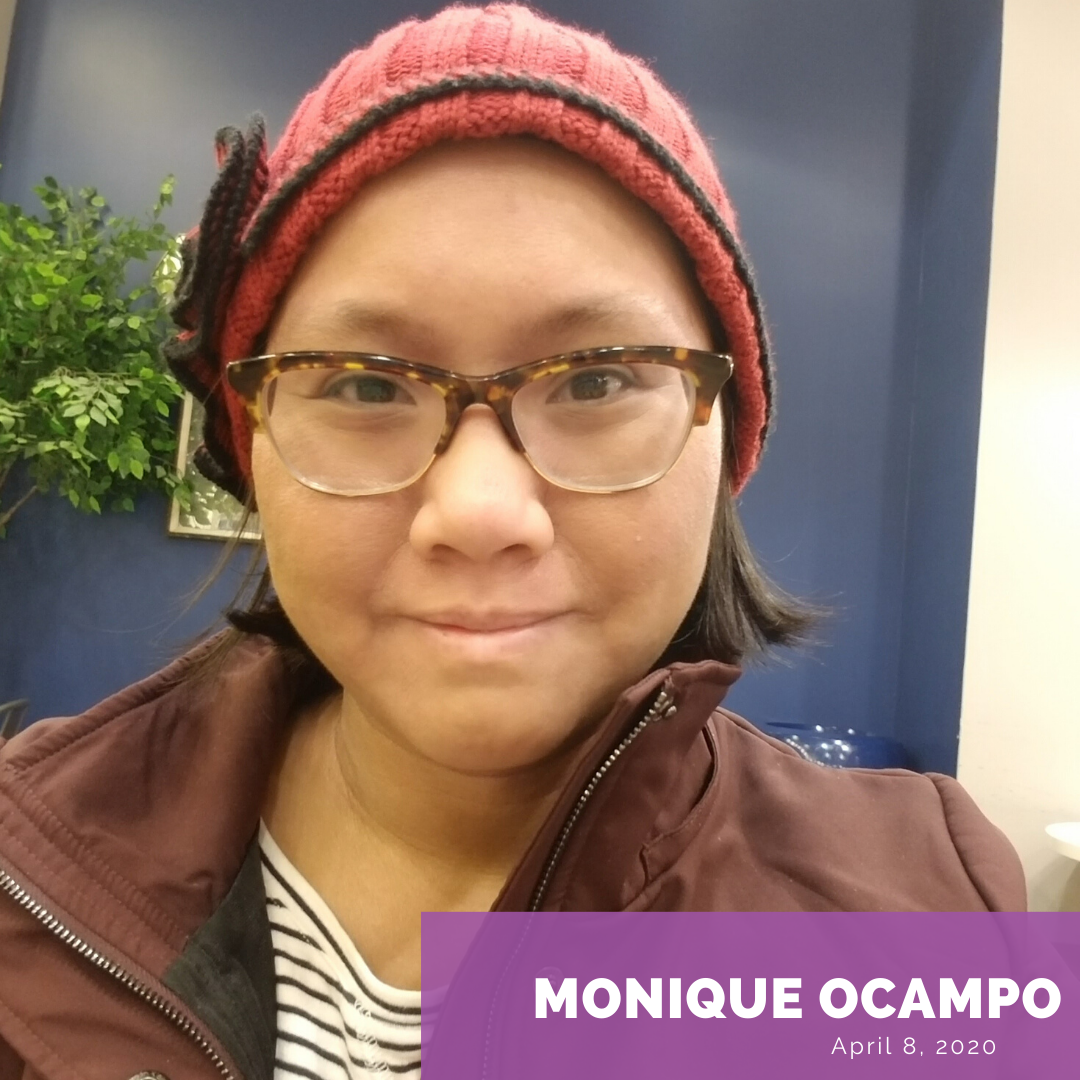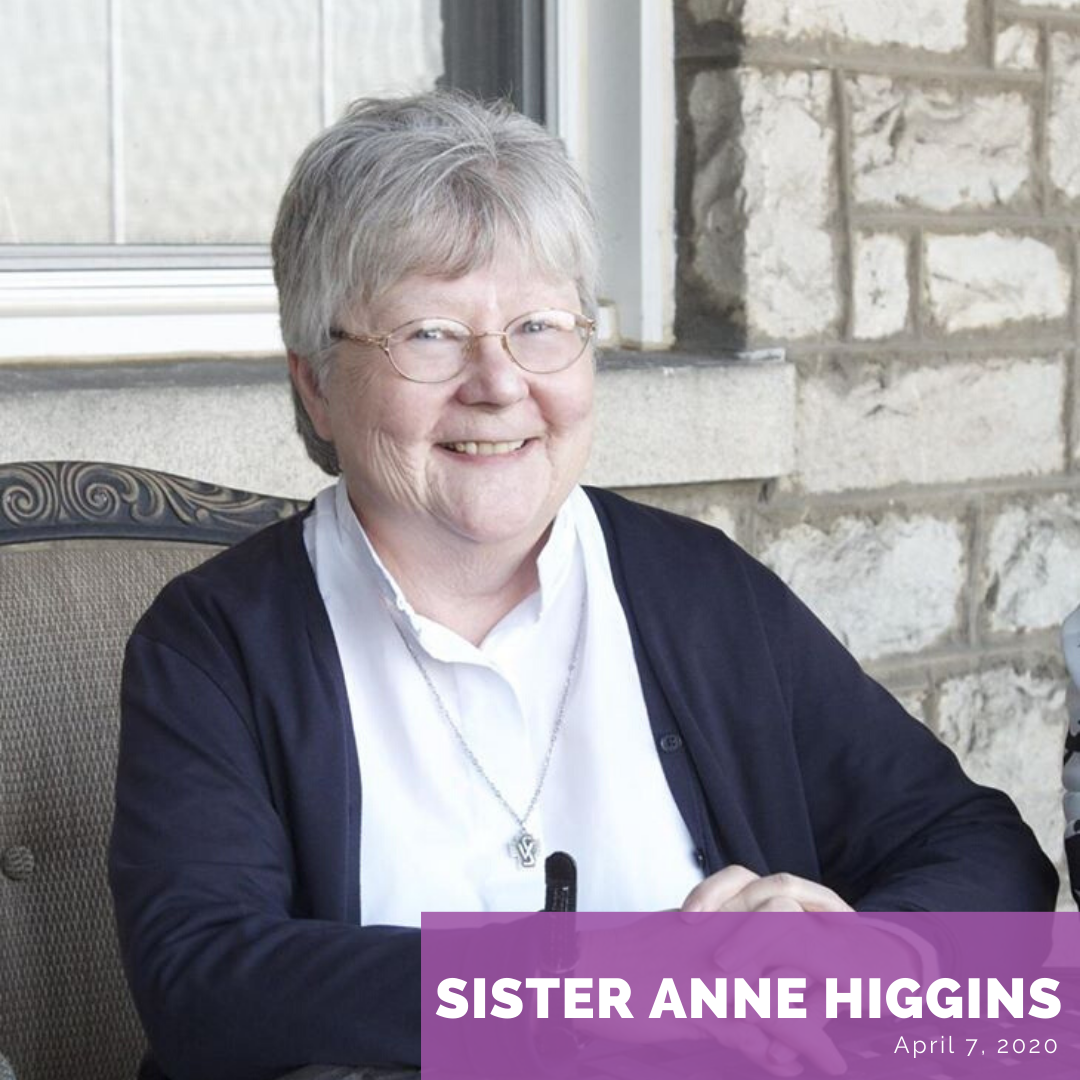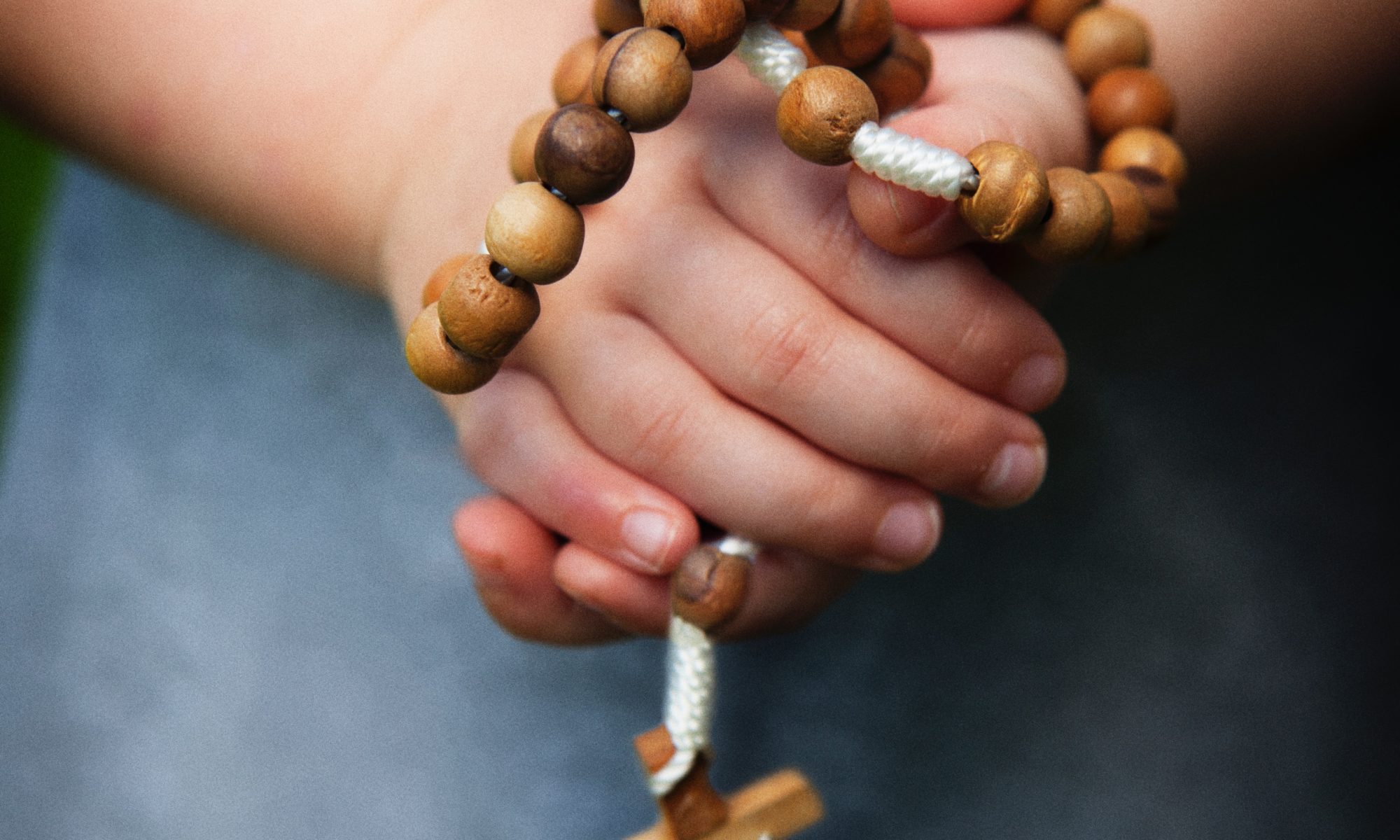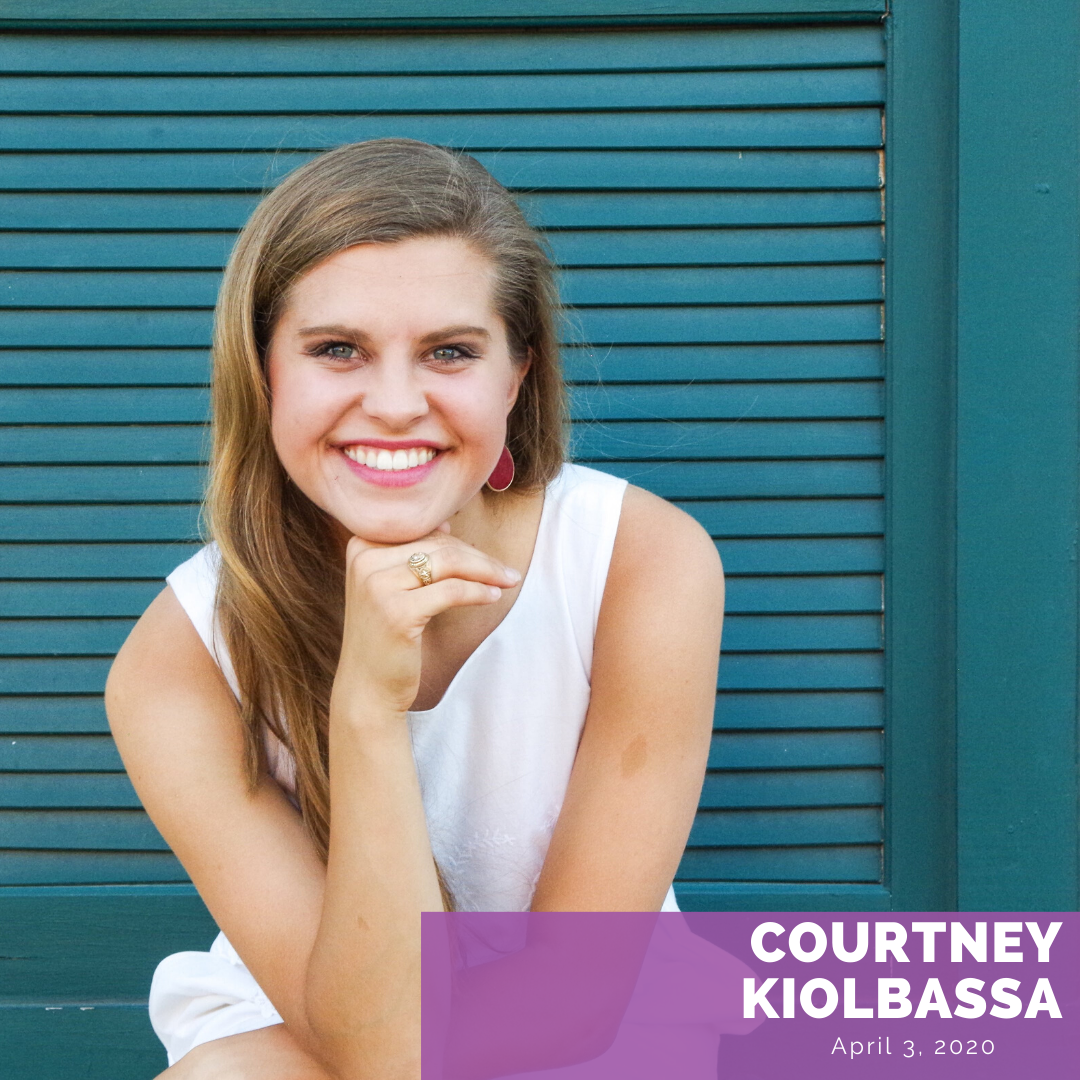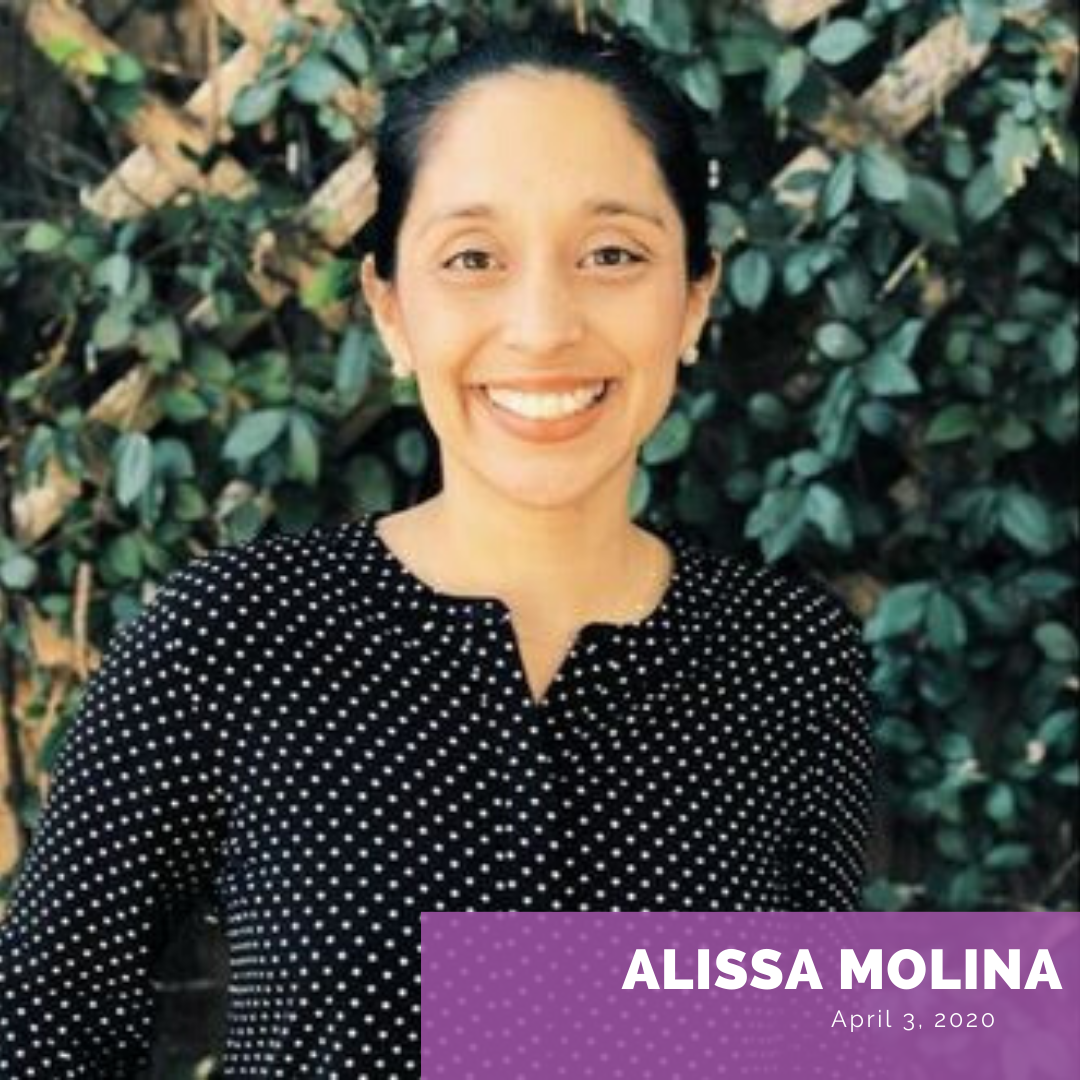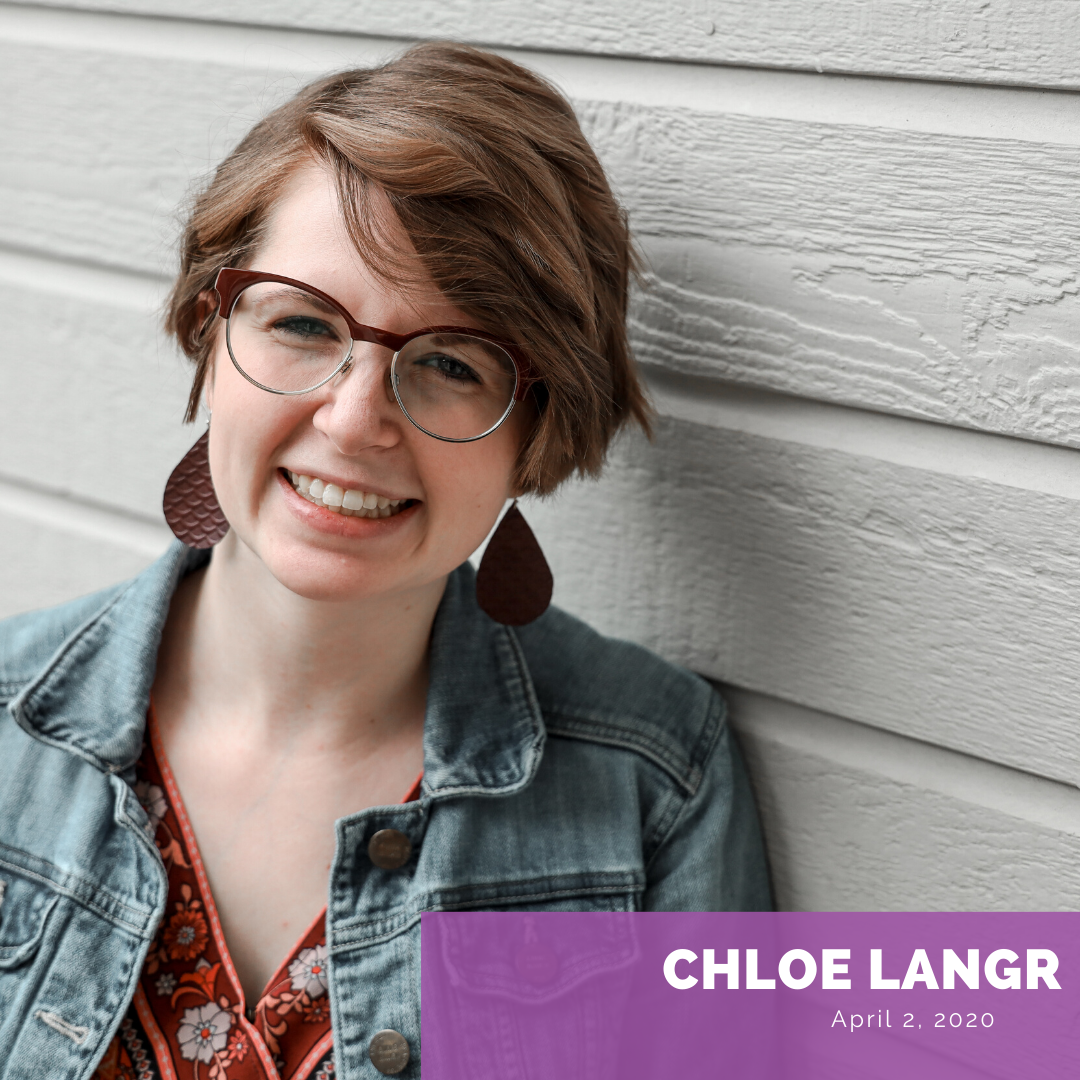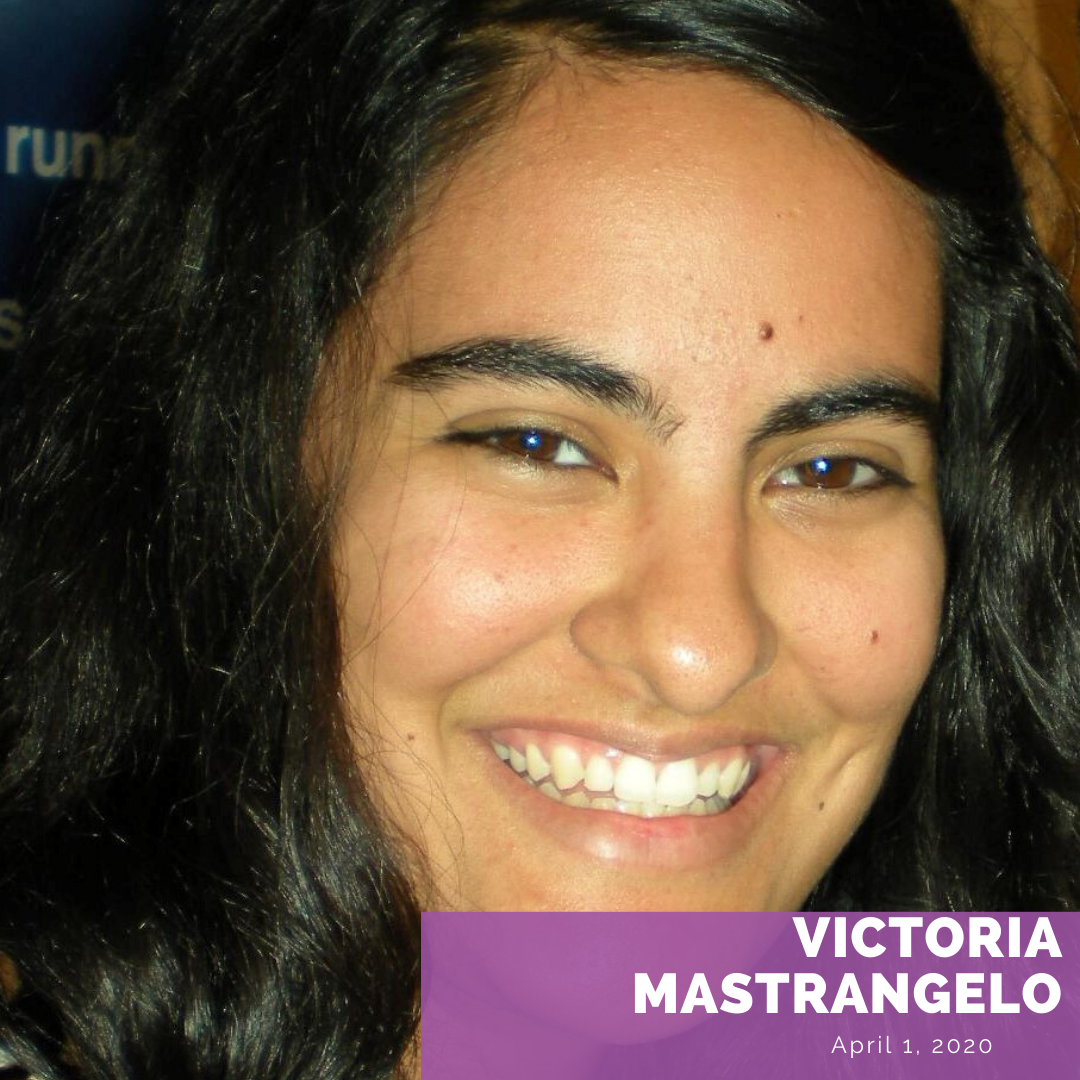We have all seen the work of Michaelangelo, the Pieta, our Mother holding her dead and broken son. A poor shepherdess embracing her little wounded sheep, his once spotless coat soaked in blood, encrusted with dirt and muck. Mary had a little lamb…
The darkness off the Friday we now call ‘good’…her heart pierced again, a deeper wound than she ever thought possible when Simeon spoke to her of swords and treasure so long ago.
John held her after the body was buried. She was too grieved to walk upright. Reunited with the others who were in Jerusalem, grief and tears gave way to a dreamless sleep, and the apostles had some small comfort that Mary would get a bit of relief from the pain of her loss, of their loss.
But in the early morning on the Sabbath, before the sun rose, Mary awoke, confused at first. But then she remembered. And she wept. Not the deep and loud tears of yesterday, but hot, big tears than ran down her face, quiet as the snow.
She breathed in deep. “Why this way, God?”
The answer didn’t come in words, but in a sense of oneness with the God who gave Jesus to her in the first place. And even today, in her rawness and in her mother grief, she offered the same ‘yes’ that she offered decades ago.
She breathed out slowly, and hope started to warm in her heart, even though she couldn’t see farther than one step ahead. She knew that God was good, and grief and hope mingled together, like the water and blood that flowed from the side of her son.
And if she were a mother given to song, I imagine she might have lifted up her memories and her voice, singing…
I took some thread and started weaving
A robe for him to wear as he traveled along
Telling us of the kingdom at hand
Purple, blue, most beautiful colors of my loom
I loved him and I wanted to show him
And so I started my work
How was I supposed to know
that they’d take the seamless garment I made him
Cast their lots, divide the spoils
as they nailed him to that tree?
But this love doesn’t ask for silver and gold
The foolish things of this world will shame the wise ones
And so I let them go
I remember him when he was little
Bright eyes, so curious
We raised him and he grew in wisdom and strength
And as he grew, I knew he was more
Than the fruit of my womb
But to let him go right now
Is too hard to bear
How was I supposed to know
That the road he’d walk would be so painful
The sword piercing my heart…
I didn’t know it would be this hard
But this love doesn’t ask for more
Than it is willing to give
He’s my son,
But he’s your son, too
The works of my hands
I only wanted to be in your plan
But as things seem to fall apart
It’s not the way I thought they would be
How was I supposed to know
That your plans would be so much better than mine
And through the darkness and the pain
The Resurrection still awaits
And oh, to see you on that day!
Because your love takes me to the place
Where oil and new grain aboundBeyond what I can imagine
Amanda Martinez Beck is a storyteller and fat activist on a mission to help people embrace the goodness of their bodies. She is the co-founder of the Ruah Storytellers Podcast. In addition to cohosting the Fat & Faithful Podcast, she is the author of Lovely: How I Learned to Embrace the Body God Gave Me. Follow her on Instagram(@your_body_is_good) and visit her website to learn more about the Good Body Initiative.
